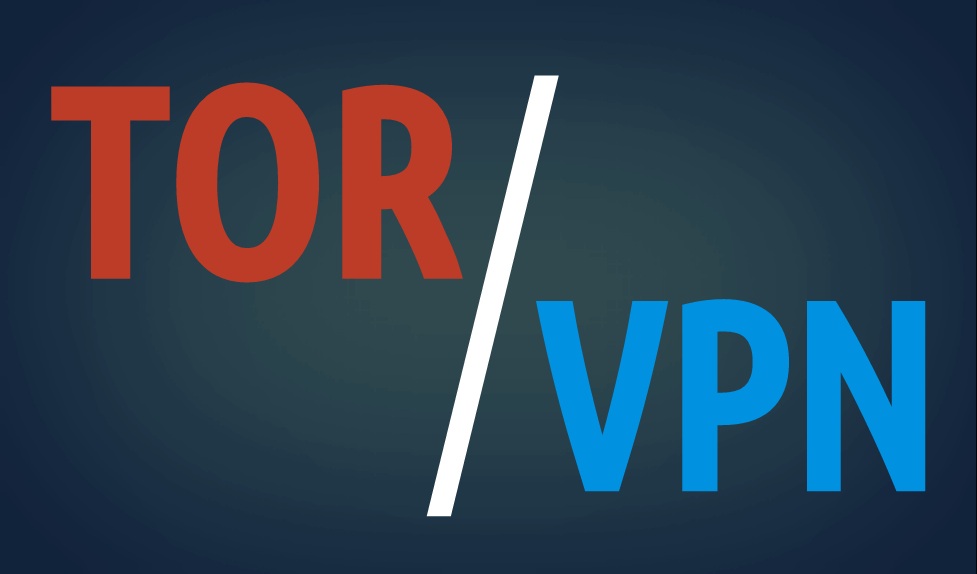Featured
Table of Contents
Tor Vs Vpn – What Is The Difference Between Them?
In practice, Tor Internet browser is complimentary, while VPNs are normally paid, which makes your choice easy? You must just opt for Tor and stop. Well,? Today, I desire to offer you a full contrast of Tor vs VPN and explain what they represent, their distinctions, use cases, and a lot more.
To begin this Tor vs VPN contrast, I first require to describe what these tools represent. Providing you a clear definition of what they are and how they work will help you comprehend their differences, so pay close attention. Beginning with Tor, this term is an abbreviation for "The Onion Router".
Nord, VPN It's important to bear in mind that this is a tool for privacy and not privacy I'll describe why quickly. When it pertains to Tor nodes, they're held and preserved by volunteers, so we're discussing a decentralized service, rather than a central service which holds true with a VPN.
The silver lining is anonymity since nodes aren't run by any particular business, so you aren't risking storing and logging your browsing activity by that business. On the other hand, the security of each node depends on the person that's keeping it. A node can be compromised by a hacker, let's state, who will be able to trace your connection.
Tor Vs. Vpn: What's The Difference Between Them? ...
The entry node is more critical since, when linking to Tor, your ISP can see that you did that through the entry node. We'll talk about that later on in this Tor vs VPN post.

Its "The Onion Router" name originates from the reality that it peels the layers of encryption likewise to the onion layers. And dark web sites likewise have the domain ". onion", which isn't a coincidence. Listed below, I described how Tor works and the process of encrypting and decrypting your demands.
When you connect to the Tor network and you send a request, you get triple file encryption for each node. There's the entry node (frequently called the guard node), the middle node (or middle server), and the exit node. Tor sends your demand to the entry node, which eliminates the very first layer of file encryption.
The entry node can't check out the encrypted content of the request, so it still can't trace your activities inside the Tor network. The traffic is then sent out to the middle node, which eliminates another layer of encryption and sends the encrypted traffic to the exit node. Lastly, the exit node peels the last layer of file encryption, which is why it can see the encrypted demand but it can't determine who is sending it due to the fact that it can't see your IP address.
Whonix ™ Versus Vpns
If you're looking to stay confidential online and you're believing about using Tor, I think it's excellent to understand more about its advantages and disadvantages, so examine them out below. The triple layer of encryption guarantees 100% anonymity when using Tor Web browser It's totally free and doesn't need any subscriptions It's a decentralized, open-source network with no tracking and security Tor Web browser is capable of going on the dark web The entry node can read your IP address and make it visible to your ISP when utilizing Tor Slows down your web speed considerably due to sophisticated encryption Nodes are run by volunteers who might not do a great task at making sure they're secure You can't pick an IP address from a specific country, so you can't bypass geo-blocks Tor Internet browser doesn't work on all platforms Wondering what are the distinctions between Tor and VPN?
VPN services use countless servers in different countries, so they enable you to connect to any of them quickly and get an IP from the country you need. Each demand you send out is routed through a VPN tunnel where it is sent out to a VPN server which decrypts it and connects you to the website you desire.
, for example, while Tor secures just the part of the connection sent out through the Tor Internet browser.

With a single layer of file encryption, the VPN in fact goes through fewer steps to protect your connection which has a big benefit much faster speeds and much better efficiency. They're very easy to use VPNs can be set up on every platform (Windows, i, OS, Linux, Android, mac, OS, routers,) You can choose an IP address from a particular country, letting you bypass geo-restrictions There's a higher degree of responsibility due to the fact that you know who owns the VPN servers VPNs are very fast and superior suppliers offer 10 Gbps servers Advanced security functions like a kill switch, ad blocker, and Multi, Hop Overall personal privacy, thanks to advanced encryption and the capability to conceal your initial IP It's a paid service which can be a problem for budget-constricted users Some VPN services are known for keeping logs (Hola VPN, Ninja, VPN, Betternet,) You need to select a credible VPN that has a no-logs policy considering that you're handing over your privacy/anonymity to that company Now that you what Tor and VPN are, I feel the need to quickly summarize their differences just to make sure you comprehend whatever well.
Latest Posts
Best Vpns For Small Businesses (2023) - Bestvpn.org
Best Business Vpn Of 2023
Get The Best Mobile Vpn (Ios & Android)